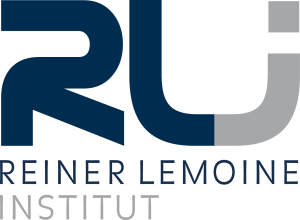Reiner Lemoine Institut – Electrification planning in Nigeria
Who, What & Where
- Reiner Lemoine Institut gGmbH
- Electrification planning in Nigeria
- Nigeria (Cross River, Niger, Ogun, Plateau, Sokoto)
- Completed in 2016
The Institute
The Reiner Lemoine Institut gGmbH (RLI) is a German nonprofit research institution founded in 2010 researching on renewable energy, integration of different energy technologies, grid management, energy storage, hybrid power plants and off-grid electrification.
The Challenge
The objective of this project is to develop electrification strategies for five Federal Nigerian states with low electrification rates. This is on the one hand challenging due to the lack of detailed data on the current status of electrification and on the existing power infrastructure. On the other hand, challenges lie within the complexity of electrification modelling when comparing hybrid minigrids and grid extension. Finally, the present institutional structures and planning processes are not clearly defined.
Opportunities for Renewables
Nigeria has a huge untapped potential of renewable resources, especially a high solar energy potential which could be utilised by decentral and central generation options.
Renewable Solution
Within the project, the aim is to show the least-cost electrification options differentiating between grid extension, solar hybrid mini-grids and solar home systems. This is done via several GIS and energy system simulation tools developed at the RLI. During the project a subsequent series of workshops was conducted for capacity building on data collection, data management and GIS, energy demand modelling and least-cost modelling of mini-grids and grid extension. Finally, electrification plans are developed in a participatory way including the main rural electrification stakeholders.
Project Financing and Costs
The project is developed in cooperation with the Nigerian Energy Support Programme (NESP) implemented by the Deutsche Gesellschaft für Internationale Zusammenarbeit (GIZ) GmbH in collaboration with the Federal Ministry of Power Housing and Works, Nigeria and funded by the German Government and the European Union. Other parts of that project include the construction of pilot mini-grids.
Project Outcome
The outcome of the project will be the draft of electrification plans for each state. They suggest electrification strategies to achieve 100% electrification by grid extension, hybrid mini-grids and solar home systems. This allows local governments to build their planning and implementation on evidence-based suggestions and to understand the required additional generation capacity and investment needs, for both, on- and off-grid electrification.

